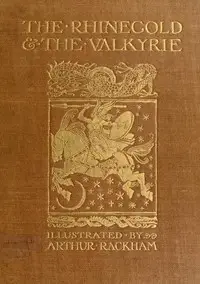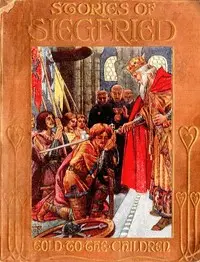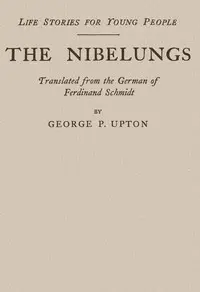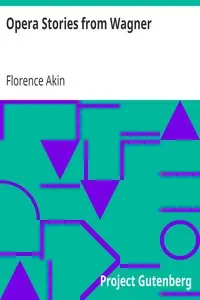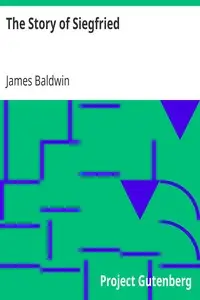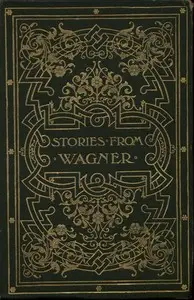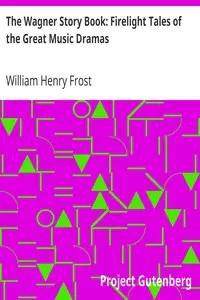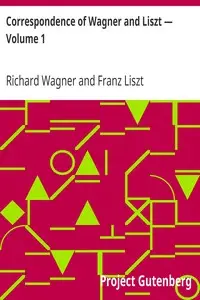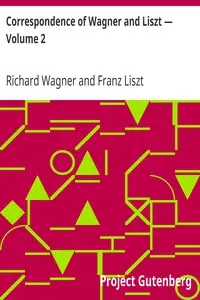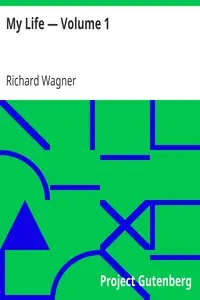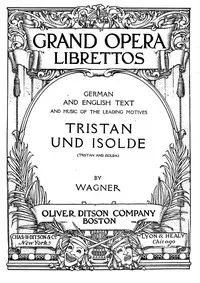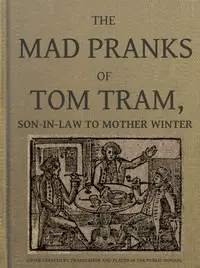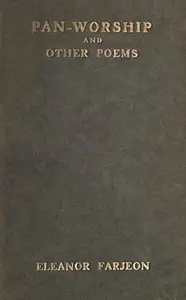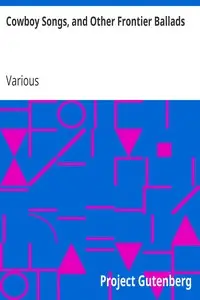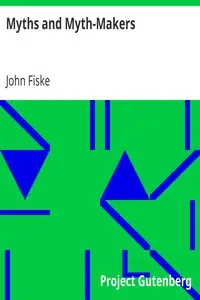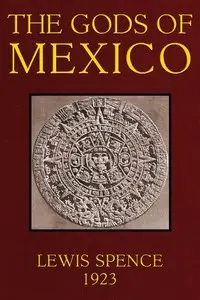"Siegfried & The Twilight of the Gods" by Richard Wagner is a late 19th-century operatic drama that follows the bold journey of Siegfried, the son of Siegmund and Sieglinde, as he seeks to understand himself, fights dangerous foes, and tries to awaken Brünnhilde, a Valkyrie, from her fiery slumber. As a key part of Wagner's Ring Cycle, it features fate, love, and the results of choices as important themes. The opera starts with Mime, a sneaky dwarf who raised Siegfried after his mother died. Mime struggles to make a powerful sword, Nothung, for Siegfried, who comes onto the scene full of vigor and taunts Mime, seeking adventure . The act is full of Siegfried's laughter, explosive remarks on Mime's lack of skill, and a need to know himself. Siegfried finds out about his father's broken sword, pushing Mime to fix Nothung so Siegfried can go on his big quest. The relationship between the lively Siegfried and the worried Mime sets the stage for the drama about Siegfried's fate and his search for love and identity.
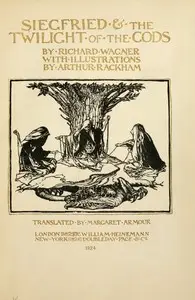
Siegfried & The Twilight of the Gods The Ring of the Niblung, part 2
By Richard Wagner
A fearless hero raised by a scheming dwarf embarks on a quest filled with laughter, explosive encounters, and the fiery pursuit of love.
Summary
About the AuthorWilhelm Richard Wagner was a German composer, theatre director, polemicist, and conductor who is chiefly known for his operas. Unlike most opera composers, Wagner wrote both the libretto and the music for each of his stage works. Initially establishing his reputation as a composer of works in the romantic vein of Carl Maria von Weber and Giacomo Meyerbeer, Wagner revolutionised opera through his concept of the Gesamtkunstwerk, by which he sought to synthesise the poetic, visual, musical and dramatic arts, with music subsidiary to drama. He described this vision in a series of essays published between 1849 and 1852. Wagner realised these ideas most fully in the first half of the four-opera cycle Der Ring des Nibelungen.
Wilhelm Richard Wagner was a German composer, theatre director, polemicist, and conductor who is chiefly known for his operas. Unlike most opera composers, Wagner wrote both the libretto and the music for each of his stage works. Initially establishing his reputation as a composer of works in the romantic vein of Carl Maria von Weber and Giacomo Meyerbeer, Wagner revolutionised opera through his concept of the Gesamtkunstwerk, by which he sought to synthesise the poetic, visual, musical and dramatic arts, with music subsidiary to drama. He described this vision in a series of essays published between 1849 and 1852. Wagner realised these ideas most fully in the first half of the four-opera cycle Der Ring des Nibelungen.

